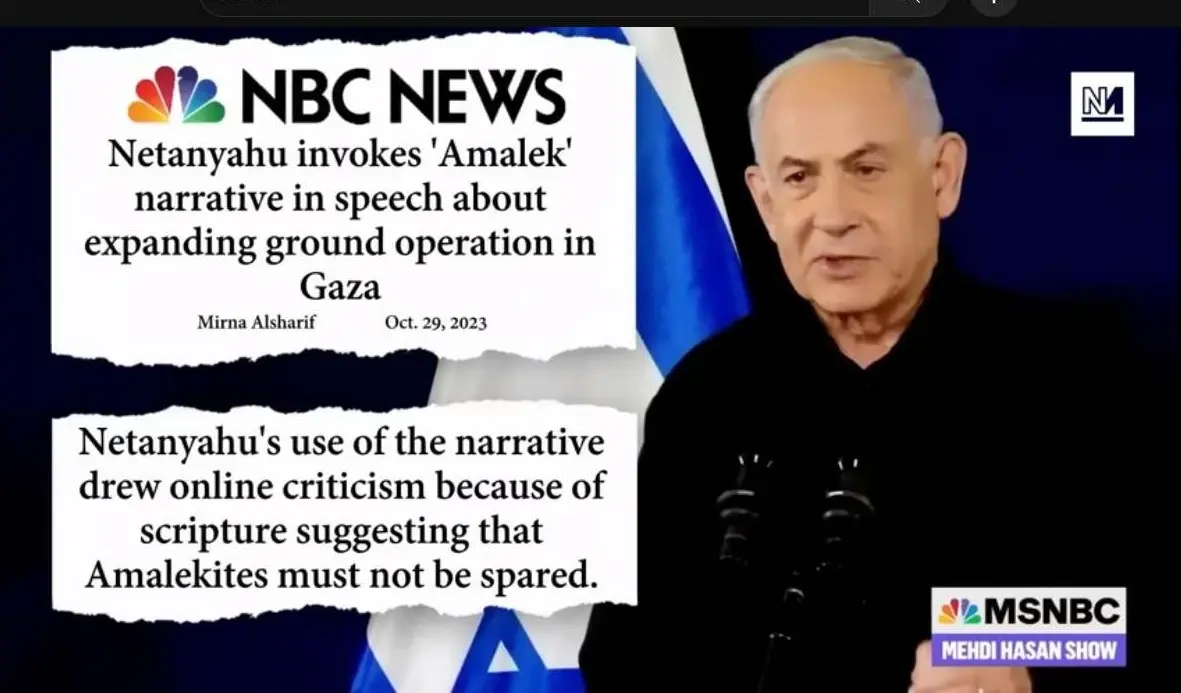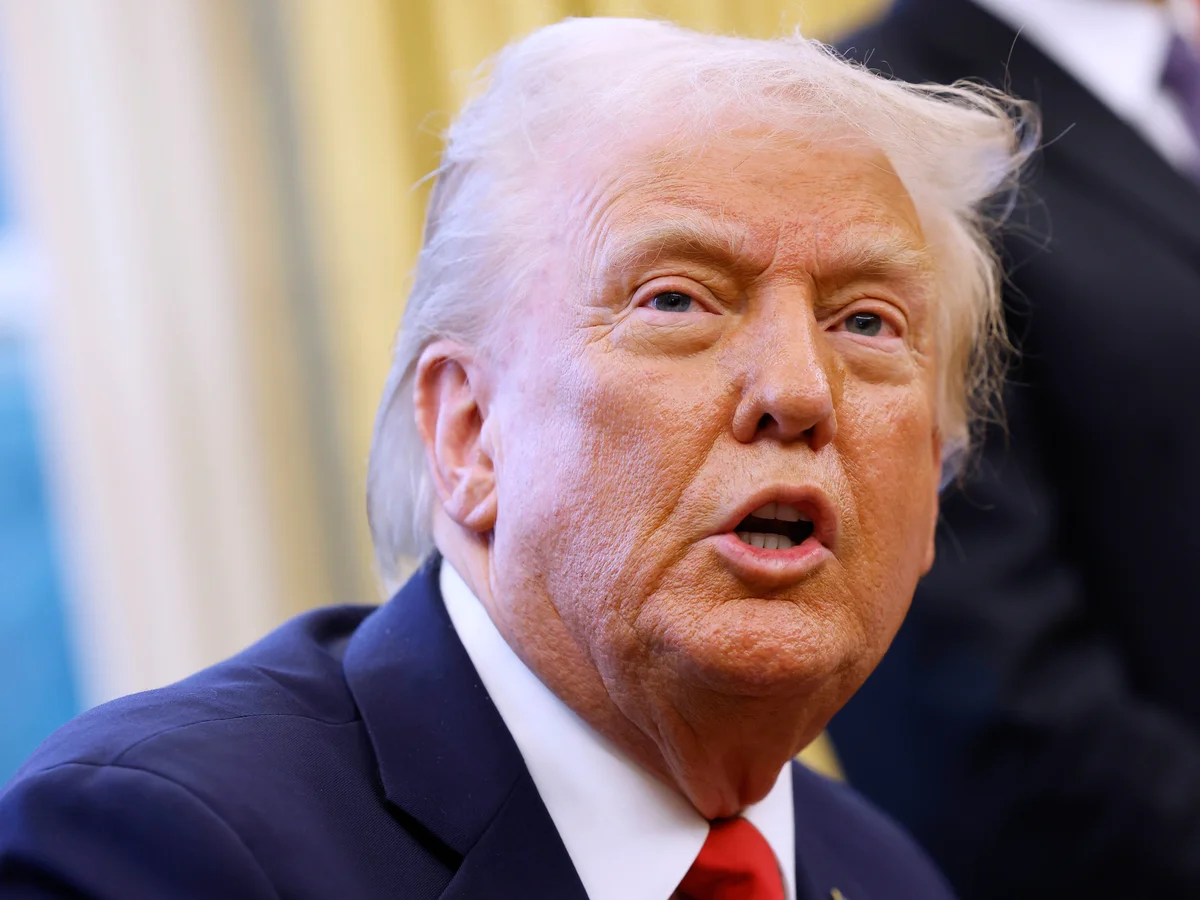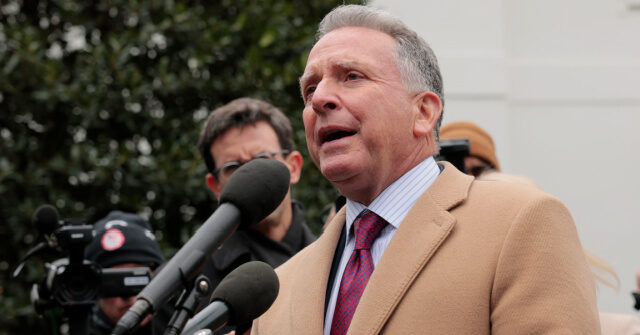In an age where news cycles spin with dizzying speed and the quest for balanced journalism is ever more challenging, the broadcast landscape felt an unmistakable jolt. Mehdi Hasan’s fervent pursuit of truth on “The Mehdi Hasan Show” is coming to a close. The narrative surrounding this cancellation and the future of Mehdi Hasan—an unapologetically candid figure in news circles—has rippled through our screens and feeds. With his move from a primetime anchor to an analyst, a crucial voice pivots, and the viewers, along with the broader commentary of news media, wrestle with what this means.
Yes the @MehdiHasanShow has ended on @peacock & will be ending on @MSNBC *next* month (still a few weeks left!)
— Mehdi Hasan (@mehdirhasan) December 1, 2023
Thank you all for watching over the past 3 years.
Going forward at @MSNBC, I'll serve as a guest anchor across prime shows and beyond, & as an on-air political analyst.
A Show of Substance
Broadcasting live every Sunday at 8pm US Eastern Time, MSNBC and Peacock’s “The Mehdi Hasan Show” delved deep into the fabric of national politics, current affairs, and global news with an incisive edge that has been both praised and critiqued. Hasan cultivated a space where debates weren’t just a spectacle but an informative exchange. His directness and refusal to let evasion reign supreme marked his interviews as masterclasses in journalistic integrity.
Fierce Debates and Fact-Checking
Mehdi Hasan became distinguished for his confrontational interview style—equipped with rigorous fact-checking and a demand for clear answers. He firmly positioned himself as a journalist who wouldn’t back down. Notable instances included challenging conversations with the likes of John Bolton on the Iraq war’s repercussions and tackling thorny issues such as affirmative action with 2024 Republican presidential candidate Vivek Ramaswamy.
Critical Conversations on Global Conflicts
Hasan’s questioning reached beyond American borders to the fraught dynamics of global conflicts. His recent criticism of Israel’s actions in Gaza and incisive questioning of Mark Regev on civilian casualties underscored his dedication to uncovering the often-veiled nuances of international politics.
The Voices that Make Us Listen
One cannot talk about Mehdi Hasan’s influence without speaking of the broader landscape he is part of. As one of the few Muslim anchors in American television, alongside Ayman Mohyeldin and NBC’s Ali Velshi, Hasan brought a critical perspective to mainstream media—an essential component of a democratic society’s conversation with itself.
A Cultural Tapestry of Stories
Hasan, a Briton of Indian-descent, brought his rich heritage and sharp intellect, honed at none other than Oxford University, to the forefront of American media. His voice has become synonymous with informed dissent and a refusal to let poignant questions fade into the neglect that often befalls the news cycle’s back pages.
Industry Reactions and the Path Forward
The reported conclusion of “The Mehdi Hasan Show” has indeed sent shockwaves, with figures like human rights attorney Noura Erakat expressing dismay, viewing the program as “more needed than ever.” Hasan’s promise to continue in the capacity of guest anchor and on-air political analyst suggests that while his platform may shift, his presence will remain.
Criticism and NBC’s Position
This cancellation comes amidst criticisms of NBC for allegedly sidelining Muslim voices, especially during times of heightened conflict involving Muslim countries, a claim that NBC refuted. As “The Mehdi Hasan Show” takes a bow, there’s an air of uncertainty about the inclusion of diverse perspectives in mainstream news programming.
The Conversation Continues
Mehdi Hasan confirmed the bittersweet news with gratitude for his viewers’ unwavering support over the years, signaling a pivot but not an end. His voice will still reverberate across the airwaves, albeit in a different capacity, continuing to demand answers, stimulate thought, and push the boundaries of broadcast journalism.
You may be interested
As the screen fades to black on “The Mehdi Hasan Show,” a critical question looms: how will the conversational void be filled, and who will champion the diversity of thought with such vigor? For his supporters and for news ethics, the hope is that his legacy will be a catalyst for continued tenacity in journalistic pursuits.
With a seamless blend of E-E-A-T principles—Expertise, Experience, Authoritativeness, and Trustworthiness—Hasan’s contributions to journalism won’t be confined to the archives. They will spur on a generation of journalists, viewers, and the global community at large to seek truth with the same ardor and to engage with the world’s pressing questions, unrelentingly.
In a climate where misinformation can spread at alarming rates, journalists bear the weighty responsibility to maintain a commitment to facts and intellectual honesty. Hasan’s approach personified this responsibility—a beacon of hope for those who believe the cornerstone of democracy is a free press that is both informed and informative. His departure from the typical news show format poses important questions: How can media organizations ensure that journalism of substance doesn’t fall by the wayside? What measures can be taken to promote a culture where E-E-A-T is not just a goal, but a standard?








